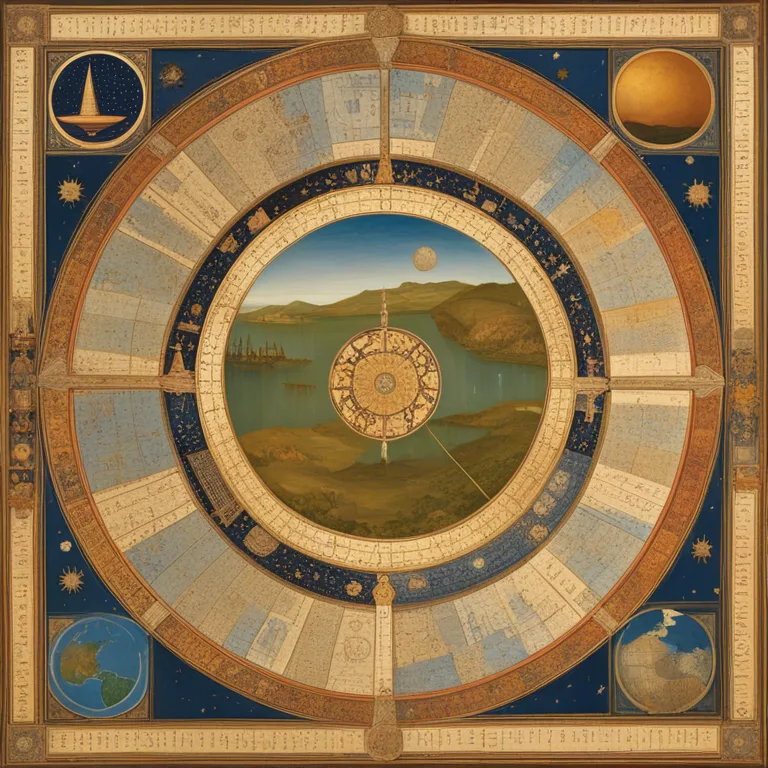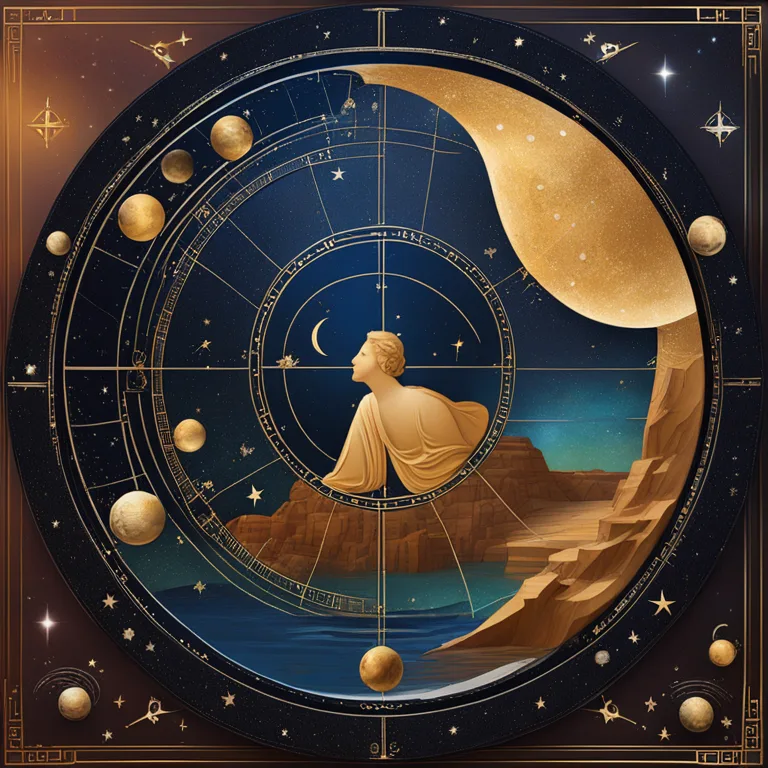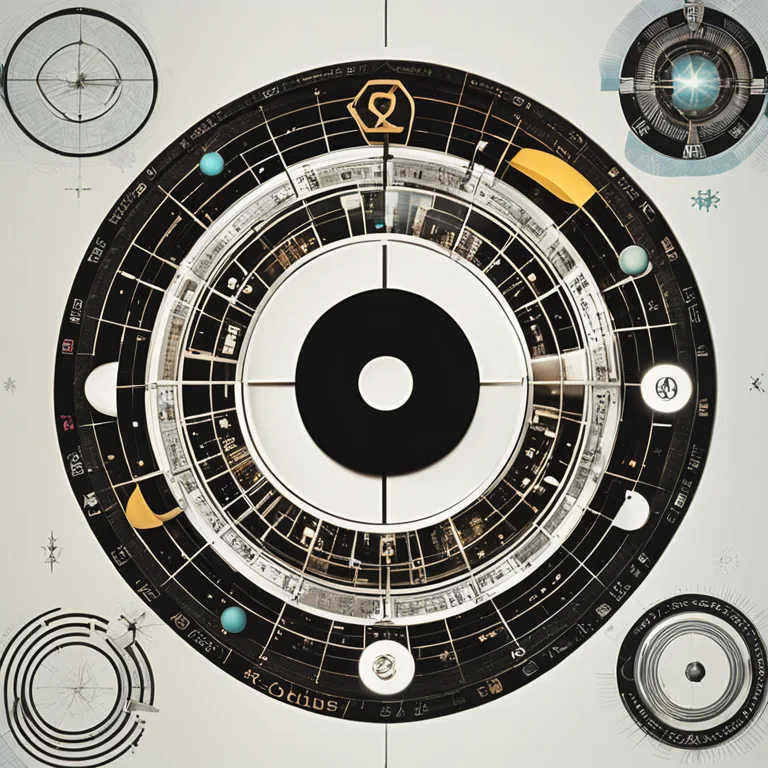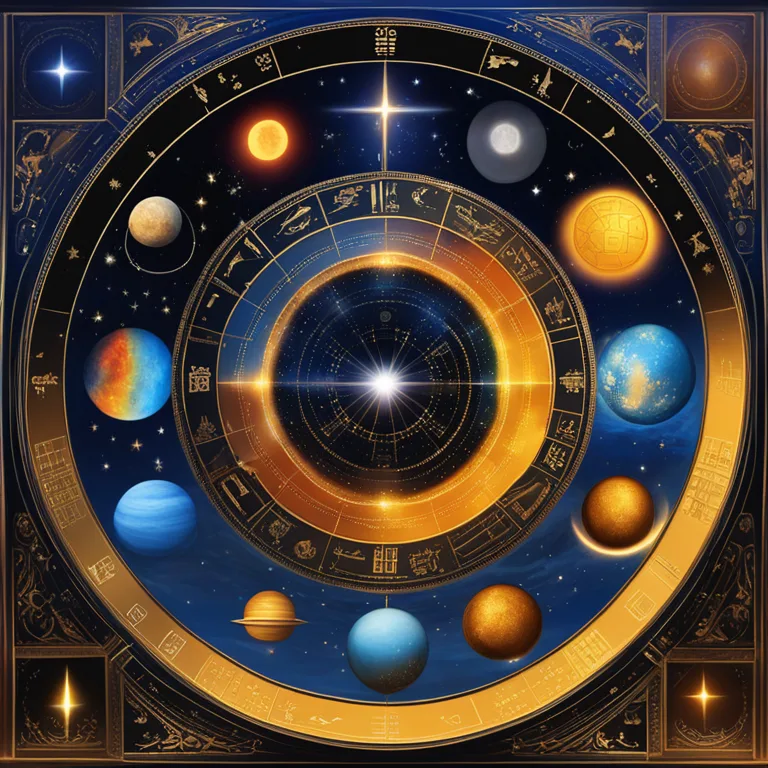
A Glimpse into Astrology's Past
Trace the ancient origins and evolution of astrology, a practice intertwining human fate with the cosmos throughout history.
article by Priya Deshmukh
The Dawn of Astrology
Astrology's roots delve deep into human history, with earliest records dating back to the 2nd millennium BCE from the Babylonians. These pioneers of celestial divination used astrology to predict seasonal shifts and interpret celestial patterns as omens. Ancient civilizations including the Egyptians, Greeks, and Chinese also developed their own forms of astrology, reflecting a universal human interest in the stars as life's navigational guides. Their meticulous observations laid the groundwork for advancements in astronomy and continue to influence modern astrological practices.

Greek Astrology: The Birth of Horoscopes
Greek culture contributed significantly to the field of astrology, particularly through the concept of the zodiac and the use of horoscopes. By the time of the Hellenistic period, the zodiac had evolved into the 12 signs we recognize today. Astrologers like Ptolemy authored influential texts, solidifying astrology's place as both a science and a method to forecast individual destinies. The personalized horoscope, an astrological chart for the time of one's birth, became a tool for guiding decisions and predicting personal traits in an era much like the way forecasters for 2024 and beyond might interpret planetary movements.

Astrology's Spread and Transformation
Astrology traversed continents through trade, conquest, and cultural exchange. Islamic scholars preserved and expanded upon Greek astrological texts during the Middle Ages, when Europe had largely discarded the practice. But the Renaissance ushered in a renewed interest in the West. Key figures such as Nostradamus and Tycho Brahe used astrology to advise rulers and navigate political landscapes. Its evolution continued over the centuries, as astrology adapted to cultural contexts, eventually emerging into the psychological astrology widely accessible in the 21st century.

Modern Astrology and Popular Culture
Today's astrology differs significantly from its ancient counterpart yet remains widely popular. The advent of technology and social media has democratized access to horoscopes and astrological readings, allowing individuals from all walks of life to explore their astrological identities. High-profile astrologers offer forecasts, shaping public perceptions and decisions much the same way as their predecessors did. Looking ahead from 2024, we see the intersection of astrology with digital advancements, further personalizing how people interact with the heavens.

Astrology's Controversy and Critique
Across the centuries, astrology has had its skeptics who challenged its veracity and scientific merit. Scientific advancements and the clarity between astronomy and astrology have sharpened this discourse. Yet, the divine fascination with what lies beyond our terrestrial existence remains resilient. The human drive to find meaning in the stars persists, and in the post-2020 era, this quest for cosmic insight seems as compelling as ever.
Looking to the Stars: Astrology's Future
As the practice of astrology continues to evolve, with adaptations expected to mesh with new age philosophy, it is destined to become even more individualized and integrated with daily life. As we step into the future, predictions for 2024 and beyond are set to align with ever-improving astronomical data, ensuring that astrology remains a staple in the exploration of human existence and its cosmic connection.
Published: 12/29/2023
Modified: 12/29/2023
More predictions
Come back here soon to learn more about yourself and your future


Birth Charts: A Beginner's Guide Explored
Delve into the basics of birth charts, the celestial snapshot of your potential. Learn how they influence personality and life in our beginner's guide.


Asteroids & A Birth Chart: Cosmic Insights
Delve into the role of asteroids in astrology and discover how these celestial bodies influence your birth chart and personal journey.


The Power of Biorhythms: A Guide
Delve into the significance of your birth chart to comprehend your astrological imprint and personal destiny as written in the stars.